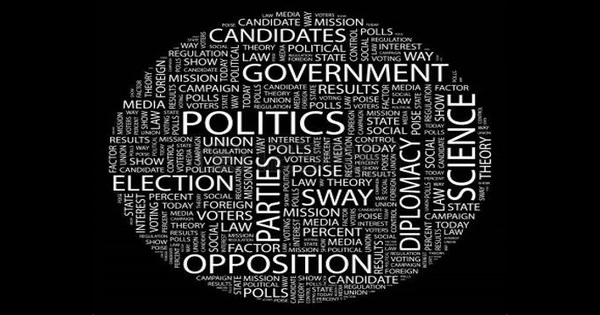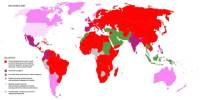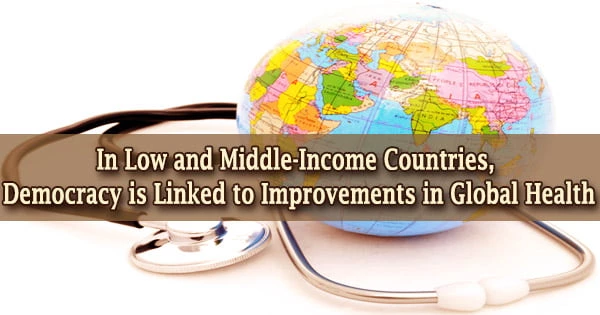Political globalization refers to the expansion of the global political system in terms of both size and complexity. It refers to the trend of developing global interconnectedness and interdependence among countries and governments. National governments, their governmental and intergovernmental organizations, as well as government-independent aspects of global civil society such as international non-governmental organizations and social movement groups, are all part of this system. It entails the transnational expansion of political ideas, institutions, and practices, resulting in a more integrated and interconnected global political system.
One of the most important characteristics of political globalization is the decline of the nation-state and the development of other actors on the political stage. One of the classic examples of political globalization is the formation and presence of the United Nations. It is one of three major characteristics of globalization usually seen in academic literature, the other two being economic and cultural globalization.
Here are some key aspects of political globalization:
- International Organizations: Political globalization can be seen in the emergence of multinational organizations such as the United Nations (UN), World Trade Organization (WTO), multinational Monetary Fund (IMF), and others. These organizations allow international cooperation and coordination on a wide range of political concerns, including peacekeeping, commerce, and economic stability.
- Global Governance: It frequently denotes a transition in governance from the national to the global level. This may include the establishment of supranational institutions, such as the European Union (EU), in which member states delegate certain functions to a centralized body.
- Transnational Movements: The emergence of transnational movements, such as human rights advocacy groups, environmental organizations, and international labor unions, reflects political globalization. These groups operate across borders and influence global politics.
- Migration and Diasporas: The movement of people across borders and the formation of diaspora communities have political implications. Diaspora communities often maintain ties with their countries of origin and can influence politics both in their host countries and home countries.
- Global Issues: Many political challenges today are global in nature, such as climate change, terrorism, and infectious disease outbreaks. These issues require international cooperation and governance mechanisms.
- Trade Agreements: International trade agreements, like the North American Free Trade Agreement (NAFTA) or the Comprehensive and Progressive Agreement for Trans-Pacific Partnership (CPTPP), are examples of political globalization. They involve the coordination of economic policies and regulations among multiple nations.
Soft power, which comprises cultural, educational, and diplomatic influence, is used by nations to alter global perceptions and politics. By creating international contacts, soft power efforts contribute to political globalization.
Attempts to resolve global disputes frequently include many governments, international organizations, and diplomatic engagements. This illustrates the interdependence of world politics. Some say that as political globalization advances, it threatens the concept of national sovereignty, as countries increasingly cooperate on problems that were previously within their local jurisdiction.
















